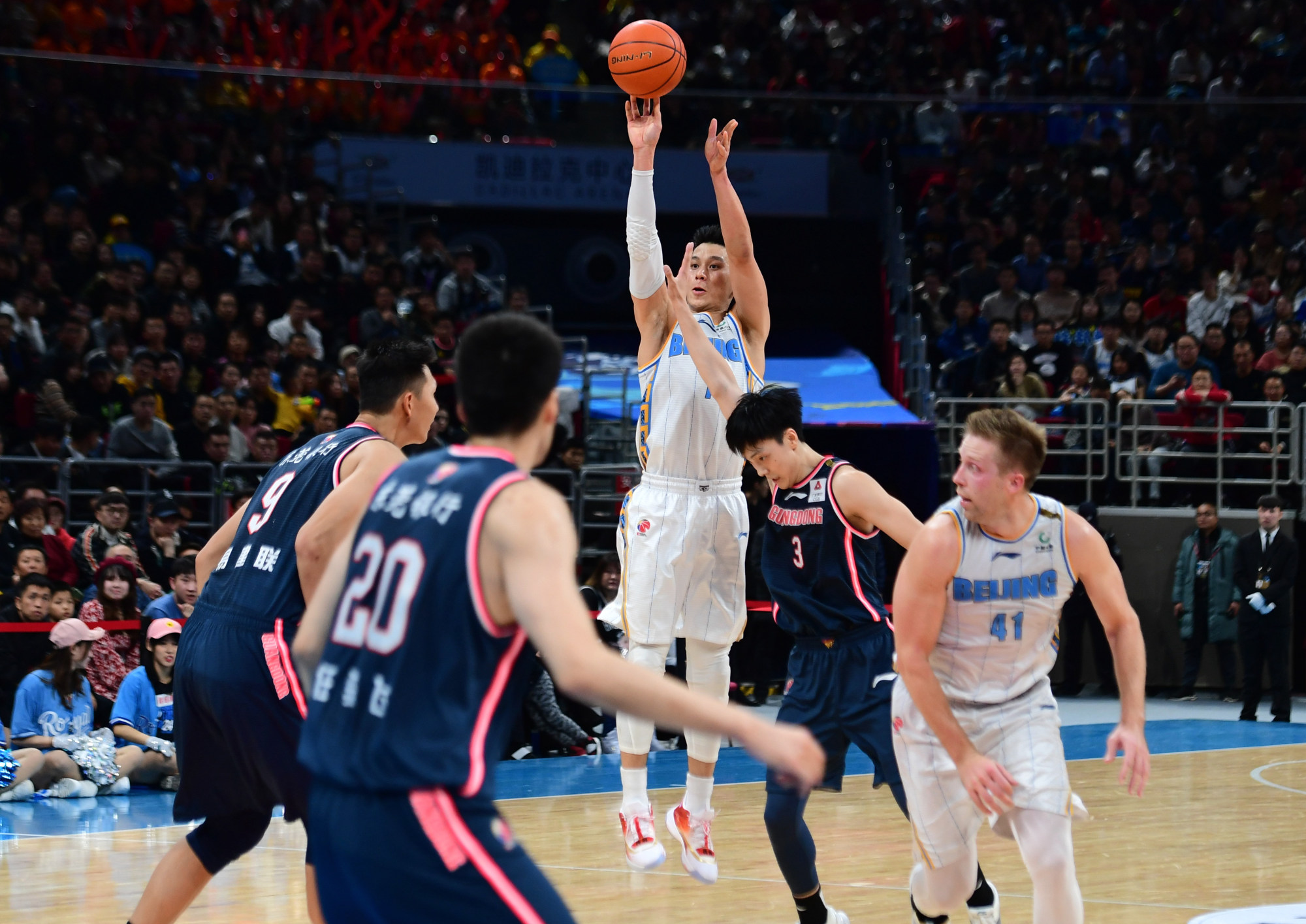
China’s top basketball league slaps streaming video giant Bilibili with copyright lawsuit, US$60.12 million in compensation
- The Chinese Basketball Association accused Bilibili of copyright infringement for the unauthorised streaming of games during its 2019-2020 season
- Bilibili was also accused of violating the country’s Anti-Unfair Competition Law
The corporate entity behind the CBA accused Bilibili of copyright infringement for streaming without permission the professional basketball league’s games during its 2019-2020 season, according to the legal filing released by the Beijing High People’s Court earlier this month.
Shanghai-based Bilibili set up specialised tabs, channels and rankings on its website to host CBA-related content, which is a “direct and deliberate infringement”, the Beijing court’s filing said. It indicated that Bilibili convinced video bloggers to upload CBA games through various schemes related to their creative activities on the streaming platform, which abetted infringement of the league’s copyright.

Bilibili was an authorised streamer of CBA games during the league’s 2017-2018 and 2018-2019 seasons.
The copyright infringement case against Bilibili is currently being processed by the Beijing Intellectual Property Court.
Bilibili, which is listed on the Nasdaq Stock Market and in Hong Kong, did not immediately respond to a request for comment on Tuesday.
Bilibili sees losses more than double amid fierce competition
While the compensation demand by the CBA could be China’s highest by far in sports event-related copyright infringement, the league’s action reflects how the unauthorised streaming of videos remains a major problem among domestic video-sharing platforms.
The stakes are especially high involving major organised sporting events. Revenue in China’s vast sports competition market nearly doubled to 30.9 billion yuan in 2019 from 2016, with a total audience of 138 million as of 2020, according to data from research institute Qianzhan.
Beijing presses internet platforms to vet their online content
Apart from Bilibili, other Chinese video-sharing platforms face various issues related to illegal streaming.

